Tag: Sigmund Freud
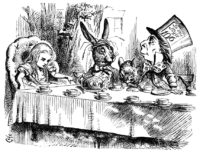
Unlike J.M. Barrie or A.A. Milne, Lewis Carroll grants no asylum to wistful acknowledgements that childhood must come to an end. The lost laughter of childhood needn’t be lost forever. Read more about Lewis Carroll’s nonsense humor at TheMillions.
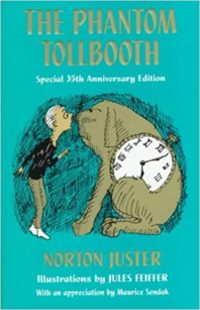
‘It’s a pattern really. So many of the progressive writers and illustrators of children’s books were Jews,” says Leonard Marcus, who does not usually concern himself with the old parlor game of counting famous Jews. Marcus is curator of the New York Public Library’s exhibit on children’s literature, “The ABC of It: Why Children’s Books Matter,” … Read More
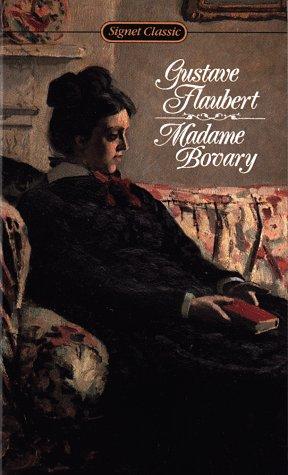
Flaubert shows the reader early on that Madame Bovary’s flight from one place to another brings her no relief, for her complaint is with no particular place but the universe itself. She runs like a rat in a maze, finding each new place as damned and disappointingly real as the one before. She can’t stop … Read More

A number of the heavy-weights of Roman literature were freed slaves. Terence, for example, was an African slave, brought to Rome by a senator. His master became impressed with his literary talent and, insensitive to the demotion in quality of life and pay it would mean, freed him from slavery to become a playwright. Horace, … Read More
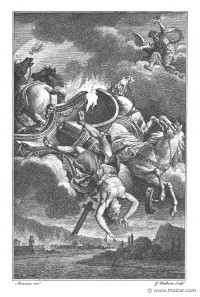
The speaker of Ovid’s “Contrite Lover” elegy in Amores reflects on a quarrel in which he struck his lover. Full of remorse, he asks this of his own hands: “What have I to do with you, servants of murder and crime?” (Amores I, 7, 27). As Hermann Fränkel puts it, the speaker “feels estranged from … Read More
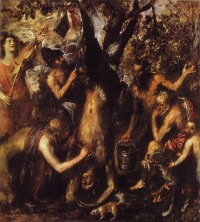
The middle of summer — July — if you walk west on Montague Street toward the harbor at around 6:30 in the evening, carrying your bag of black plums, the water is a gigantic cauldron of fire that sets upon every head a backlighting halo. It’s like something out of On Golden Pond except that … Read More
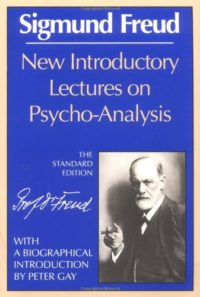
Every modern, educated person should read this book’s predecessor, the (old) Introductory Lectures on Psychoanalysis. For those interested in learning still more about psychoanalysis, the New Introductory Lectures are also vital. The latter work reflects clarifications in Freud’s thinking since the original lectures given from 1915 to 1917 at the University of Vienna.
His daughter Anna … Read More
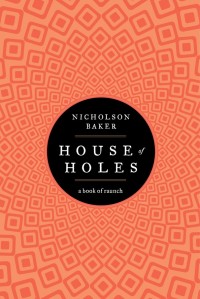
Post-Freudian expressionism has now had a century to percolate throughout the arts. I think in particular of painters and writers, Spaniards and Jews. Picasso, Miró, and Dalí. Sensuous dreamers like Modigliani, Chagall, and Soutine. Kafka and Singer and Marquez. But lately it’s disseminated as far as white-bread Montana Eagle Scouts like filmmaker David Lynch and … Read More
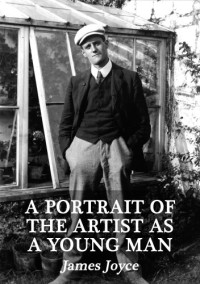
On June 15, 1917, a U.S. marshal and 12 New York City policemen entered the Lower East Side offices of the radical magazine Mother Earth and placed its editor under arrest. The U.S. was mobilizing to enter World War I, and the famous anarchist Emma Goldman had been charged with conspiracy to obstruct the draft … Read More

No one but Jack London, perhaps, has ever written so convincingly from a dog’s point of view as has Beverly Cleary in Ribsy. Like most dogs, Ribsy seems charmingly brain damaged. His loyalties are permanent but also have a happy-go-lucky fluidity that embraces many; he forgets to be ashamed for very long; and forgets discouragement. … Read More
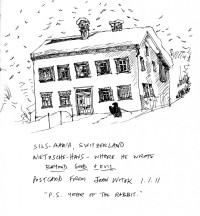
My blog this week, on Nietzsche, savagery, self-destruction, Lake Sils, Anne Frank, and stones in umbrellas, appears here, at writershouses.com. This is one of my best essays, on one of the best essayists of all time.
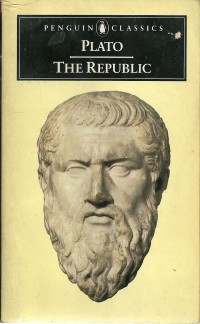
The Republic is amazing in that it contains inchoate within it many of the major arguments later put forward by Descartes, Hobbes, Bacon, Mill, Hegel, Nietzsche, Marx, Freud, Wittgenstein, and many others. Because of the style–elenchus, or Socratic dialogue–Plato’s many profound insights are embedded in a rambling river of desultory, all-night sort of conversation between … Read More
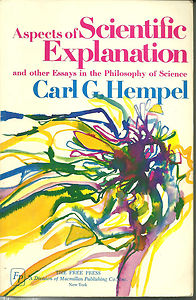
In 1965 Carl Hempel sought to describe the process of scientific explanation. While it may not sound like an original or important thing to do, it was. For now you’ll just have to trust me because I’m the sort of person that electively reads books entitled Aspects of Scientific Explanation.
As you might guess, Hempel’s account … Read More
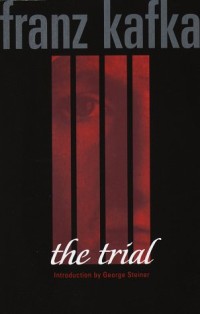
On September 22, 1912, Franz Kafka stayed up all night writing a highly autobiographical, somewhat fantastical, short story called “The Judgment.” Twelve years later he was dead. He had published little, but what he’d written in that decade—including “In the Penal Colony,” “The Metamorphosis,” and The Trial—was a thunderbolt staked in the heart of literature … Read More
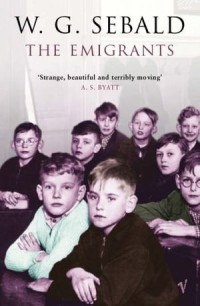
The style of narration in The Emigrants is akin to a pathologist murmuring into his dictaphone at the end of a long day of autopsies. It confronts ugliness, despair, and destruction with a mask of neutral reserve and tireless scientific dedication to detail. It’s unique and beautiful, breathes real life, and artfully expresses a melancholy … Read More
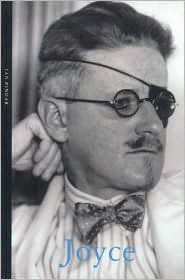
The psychoanalyst Eugene Mahon in 2006 published a wonderful paper in The Psychoanalytic Study of the Child entitled “The Invention of Purgatory: A Note on the Historical Pedigree of the Superego.” He writes of Purgatory as a kind of “third way” in the history of imaginings of the afterlife:
“If Heaven and Hell sound absolute in … Read More
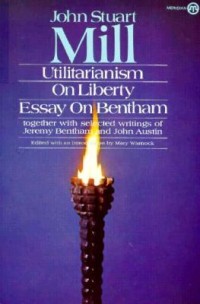
John Stuart Mill is the rock star of moral philosophy. And I don’t say that because he trashed his hotel rooms. He didn’t trash them, or even stay in them, to my knowledge.
But he’s got the sort of brilliance that sings, that fears no tradition and no opprobrium. Jeremy Bentham’s idea of utilitarianism (a good … Read More
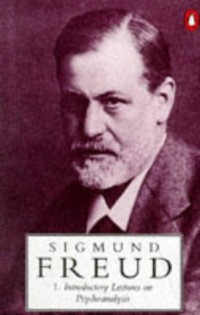
Neuroscientist Eric Kandel, who won the Nobel Prize in Medicine in 2000 for his research on the neurochemistry of the Aplysia sea slug, wrote in 1999 that “psychoanalysis still represents the most coherent and intellectually satisfying view of the mind.”
That may come as a surprise to people who think of Freud as a relic or … Read More
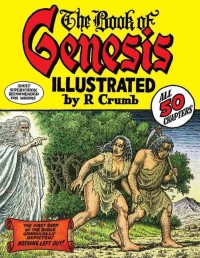
Harold Bloom says that Freud learned all his psychology from Shakespeare. Would it be radical to suggest that Shakespeare learned half of his psychology from the Romans and the other half from the Hebrew Bible?
Robert Alter says of the Bible’s authors, “[T]he Hebrew writers manifestly took delight in the artful limning of … lifelike characters … Read More